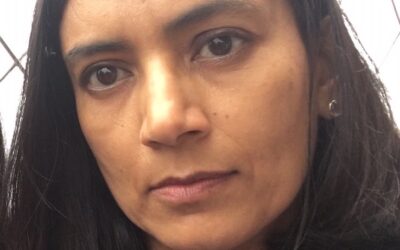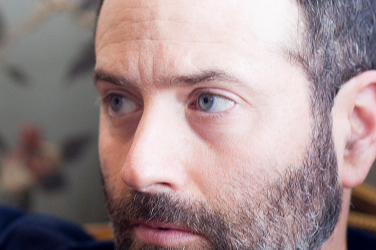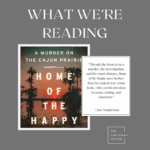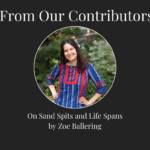miCRo: “Assistant Guide” by Mary Ardery
Mary Ardery’s flash autofiction piece “Assistant Guide” gives the reader a glimpse into the addiction recovery community, where the specter of relapse, and its attendant violence, looms large.
miCRo: “Magnets” by Laurie Clements Lambeth
In her poem “Magnets” Laurie Clements Lambeth grapples with a reality familiar to people in extended quarantine: brain fog, a sensation she describes as “dulled, not knowing what was flesh or air or where—;”
miCRo: “We Are Preparing Every Day to Die” by Sarah Jane Cody
The true terror in Cody’s piece isn’t the science-fiction logic of numbing children to the idea of their own deaths, but rather how close to Cody’s reality we already are.
miCRo: “Housewives” by Anu Kandikuppa
In a time upended by quarantine, a time when so many women are shouldering extra burdens of housework and care work in the home, the exhaustion woven into these words is particularly acute.
miCRo: “Posies” by Dion O’Reilly
O’Reilly’s leap from childlike vulnerability to the terror of plague feels both timely and uncomfortably timeless.
miCRo: from Survivor’s Notebook: “Good Friday 2” by Dan O’Brien
In this poem, Dan O’Brien shows us the coexistence of belief and doubt, the skeptic with an open mind, the observer with an eye for both the sublime and the terrestrial.
miCRo: “Putting in the Seed” by Julie Cadman-Kim
In Julie Cadman-Kim’s “Putting in the Seed,” plot and character take a back seat to imagery.
miCRo: “Dodge” by Abbie Kiefer
In this prose poem, Kiefer distills the moment to its crux, implying but leaving the larger implications unsaid.
miCRO: “Lessons in Loss” by Misha Rai
Misha Rai’s “Lessons in Loss” echoes emotions what many of us might be feeling during this time, amid isolation, loss, tragedy. She, however, explores a different type of pandemic, one that’s ongoing, with no cure or saving in sight.
miCRo: “Postcard from the Pandemic” by Pauletta Hansel
In this snapshot, an unrhymed sonnet, Pauletta Hansel shows us a walk near the river in springtime (an acceptable activity during social distancing), even as she ably calls up other time frames: a flood that’s receded, a potential eruption.
miCRo: “Some Meaning—” by Leonora Desar
In “Some Meaning—,” Leonora Desar tackles this conundrum, bringing both the hollowness and everything-ness of “meaning” into sharp focus.
miCRo: Standing Water on the Playground by Rebecca Morton
In less than three hundred words, Rebecca Morton beautifully delves into what it means to be a mother and subverts traditional ideas of motherhood.

















